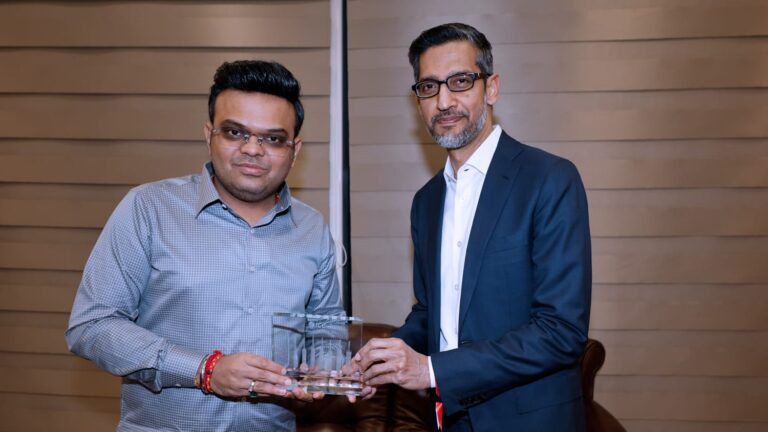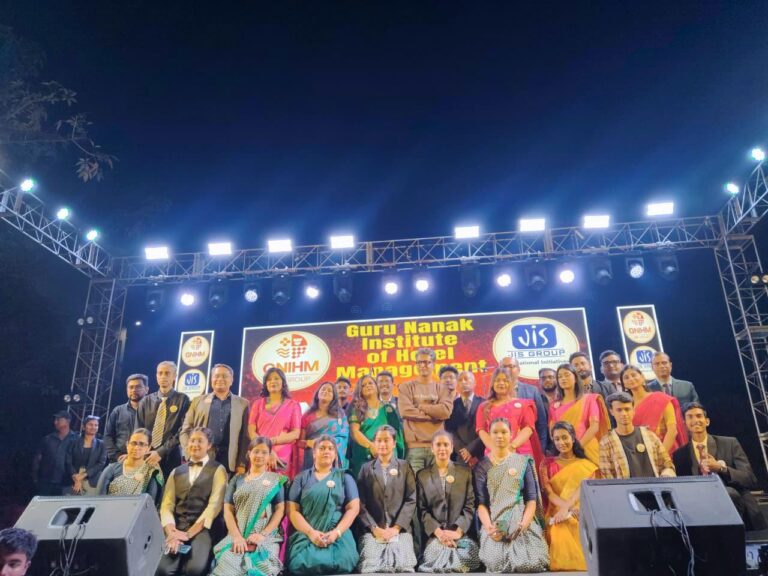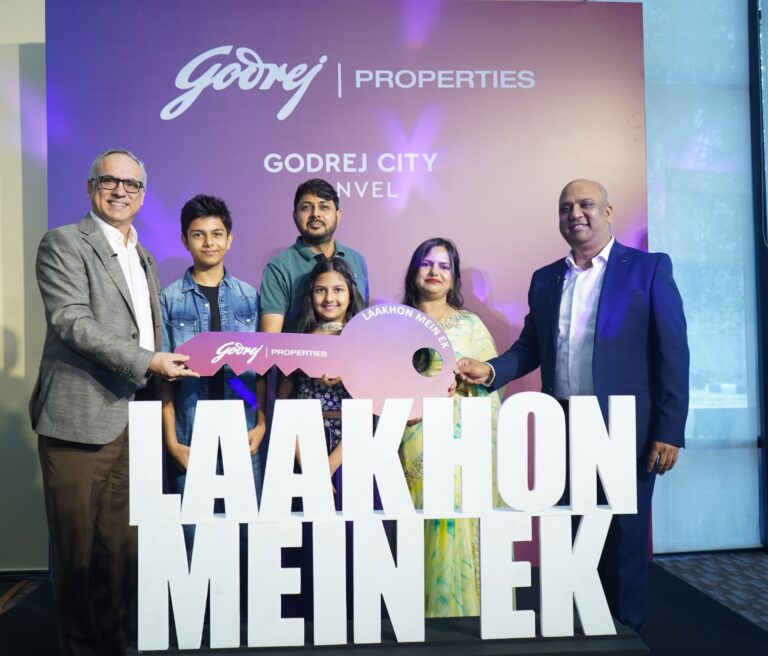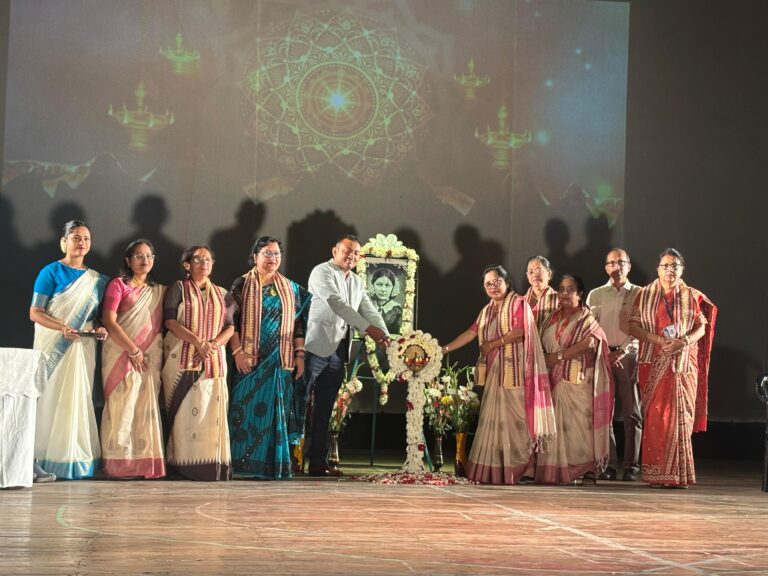
By Dr. Vivek Mohan Sharma
Consultant, Medical Gastroenterology, Narayana RN Tagore Hospital, Mukundapur
Kolkata, July 28:
With heavy rains flooding the city, Kolkata is witnessing a seasonal surge in hepatitis E cases, particularly in slum areas like Tiljala, Tangra, Garden Reach, and North Kolkata.
The water-borne virus spreads through contaminated drinking water, especially where floodwater mixes with sewage. Most affected households rely on shared taps or roadside water sources, raising the risk of infection.
Symptoms include jaundice, fatigue, nausea, and dark urine. Pregnant women are especially at risk, with a higher chance of severe liver complications and maternal mortality.
Doctors advise boiling or filtering water, sealing water containers, and seeking early treatment. As hepatitis E is not vaccine-preventable, experts stress prevention and hygiene during the monsoon.
“This is a silent seasonal threat. Public awareness and safe water practices are crucial,” said Dr. Vivek Mohan Sharma of Narayana RN Tagore Hospital.










